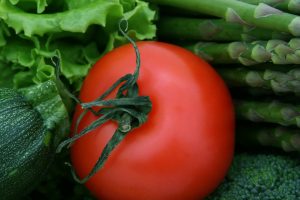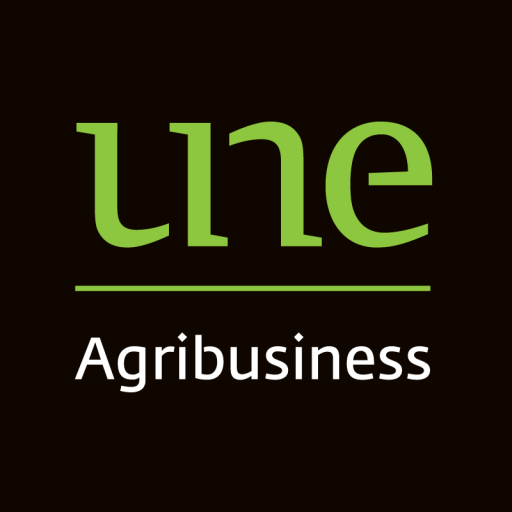 UNE Business School/AARES New England Branch Seminar
UNE Business School/AARES New England Branch Seminar
Sustainability and Corporate Social Responsibility in Fruit and Vegetable Chains in Germany
Date: 7th Sep 2016 11:00am-12:30pm
Location: JP Belshaw Lecture Theatre (LT1), Economics, Business & Law Building (W40)
Sustainable development is development that meets the needs of the present without compromising the ability of future generations to meet their own needs.
Staff, students and community members as well as friends of the Centre for Agribusiness joined us for this seminar on Wednesday the 7th to hear from Dr Johannes Simons from University of Bonn.
Dr Simons discussed the mechanisms of fostering sustainability by way of Corporate Social Responsibility (CSR) in the German fruit and vegetable sector. His seminar illustrated opportunities and challenges for making fruit and vegetable chains more sustainable in a highly competitive environment and with a widespread unwillingness of consumers to cope extensively with the issue of sustainability.
Differences between Australian and German markets became evident during the presentation, with particularly interesting key points around the ability of major retailers to make real steps towards sustainability by way of leveraging their position in the market to effectively pressure competitors to follow suit.
Material from the seminar can be downloaded via the UNE Business School Seminar Series resource page.
The seminar took place as part of University of Bonn’s visit to UNE during their collaboration on 2 year project “Chain Failure and Chain Goods in Sustainable Food Chains” with members of UNE Business School.
 Johannes Simons is a Senior Scientist at the Institute for Food and Resource Economics, Department of Agricultural and Food Market Research, University of Bonn, Germany. His research interests are communication on corporate social responsibility and sustainability in the agri-food sector, considering the value chain approach from producer to consumer; consumer market research in the agri-food sector: perceptions and processing of information about agriculture and food; and marketing of food with focus on regional and organic food.
Johannes Simons is a Senior Scientist at the Institute for Food and Resource Economics, Department of Agricultural and Food Market Research, University of Bonn, Germany. His research interests are communication on corporate social responsibility and sustainability in the agri-food sector, considering the value chain approach from producer to consumer; consumer market research in the agri-food sector: perceptions and processing of information about agriculture and food; and marketing of food with focus on regional and organic food.


